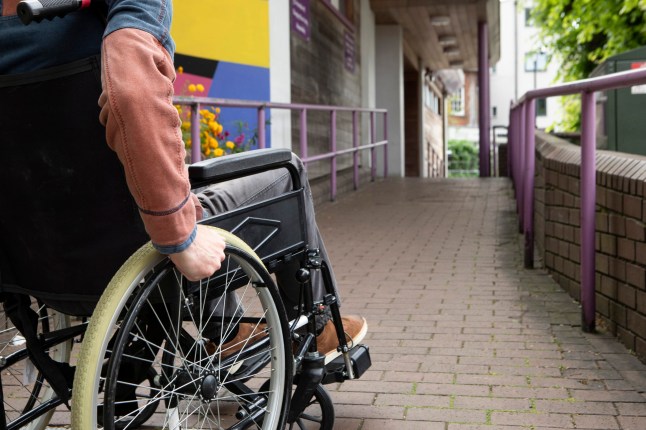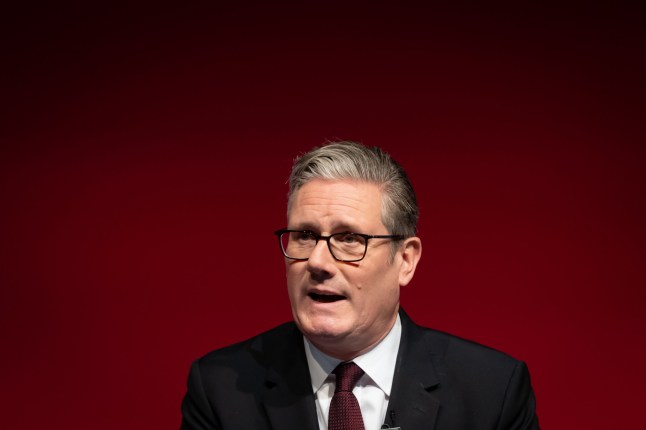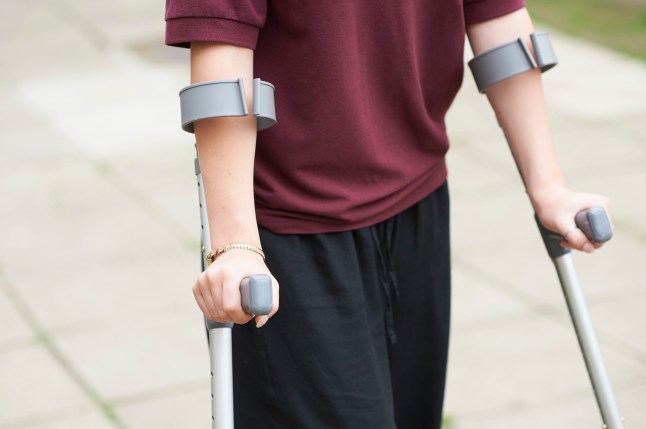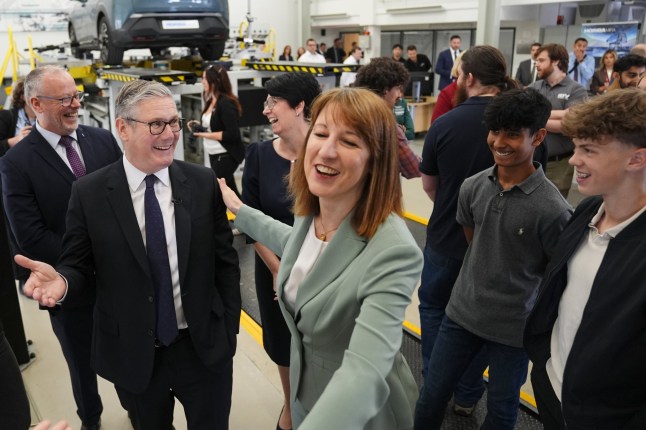Benefit cuts will push 150,000 people into poverty despite U-turn, government admits


Around 150,000 people will be pushed into poverty by 2030 because of Keir Starmer’s welfare cuts, the Government has admitted.
The Prime Minister watered down his plans to cut Personal Independence Payments (Pip) and Universal Credit last week to appease Labour rebels.
Under the revised proposals, to be voted on tomorrow, current claimants will not be impacted by the cuts, but future applicants will.
But a new government assessment of the new plans published today says a further 150,000 people will be in relative poverty after housing costs by the end of 2029-30.
The report added: ‘The impact on the number of pensioners and children in poverty is expected to be negligible.’
Sign up for all of the latest stories
Start your day informed with Metro’s News Updates newsletter or get Breaking News alerts the moment it happens.
Disability and anti-poverty campaigners previously Metro the plans would push 250,000 people, mainly sick and disabled Britons, into poverty.
Today’s assessment stated that those pushed into poverty will be new recipients of Pip and Universal Credit from November 2026.
Downing Street said that the assessment does not ‘reflect the full picture’, such as investment in healthcare services to help people return to work.

What were the proposed Pip and Universal Credit changes?
Among other measures, the Universal Credit and Personal Independence Payment Bill was intended to tighten who can receive Pip, which is designed to support disabled people, whether or not they are in work.
Pip is a two-part benefit – a sickness-related daily living component of at least £73.90 a week and a mobility component of at least £29.20.
The former helps people who struggle to do tasks like cooking meals, using the toilet or washing and bathing.
The Government wanted to limit who can access the daily living payment by increasing the eligibility requirements from November 26.
Universal Credit, a bundle of various benefits, would also have been restricted. Claimants who have limited capacity to work because of a disability or long-term condition can get an extra top-up worth £423.27. The proposals would have restricted eligibility to those aged 22 and over.
All in all, the measures would have seen 1,200,000 disabled people lose up to £6,300 by 2030.

But after 126 Labour MPs signed an amendment that would have effectively killed the Government’s Bill, Starmer U-turned on the plans.
Around 60 Labour MPs still plan to do so, with new details on the welfare reforms set to be published today.
What has the reaction been?
Ayla Ozmen, director of policy and campaigns at anti-poverty charity Z2K told Metro that she still has ‘serious concerns’ about the plans.
She said: ‘The risk of trying work for current claimants could become even greater, as if it doesn’t work out, people may risk being pushed into deep poverty with no way back. And for future claimants, the system will offer even less protection from poverty.’

‘Instead of focusing on fending off a rebellion, the government must do what is right for disabled people and go back to the drawing board.’
Charlotte Gill, head of campaigns and public affairs at the MS Society, added: ‘We’re appalled that the government are choosing to rush through this reckless and harmful bill. It’s outrageous that MPs are being asked to vote for dramatic welfare changes, without having time to properly scrutinise their impact.’
Pip is a ‘lifeline’ for those living with multiple sclerosis, a debilitating autoimmune disease that impacts people’s vision and mobility.
Gill added: ‘We urge MPs to use their power to prevent a disaster. The only way to protect disability benefits is to halt this bill immediately.’
How much will the U-turn cost?
Between £2.6billion and £3.2billion a year in 2030, according to the think-tank Resolution Foundation.
Given that this comes after Starmer retreated on limiting another benefit, Winter Fuel Allowance, at a cost of £1.25billion, this puts the cost of both of the Labour leader’s U-turns at nearly £4.5billion.
Dr Joseba Martinezm, of the London Business School, said the government will face pressure to balance the books elsewhere now.
Though don’t worry too much about tax hikes, he stressed.
He told Metro: ‘£4.5billion is a substantial amount, but it is less than a third of a percent of the government’s total expenditure, so I think it would be possible to cover this gap without causing too much disruption.’
The government’s goal is to increase GDP growth. ‘In this regard, the government has numerous levers that it is not currently pulling, and I think this should be a much bigger part of the conversation,’ Dr Martinezm said.
Two such levers are tax cuts for innovators and research and development (R&D) bonds to finance private and university sectors, he added.
Get in touch with our news team by emailing us at webnews@metro.co.uk.
For more stories like this, check our news page.



